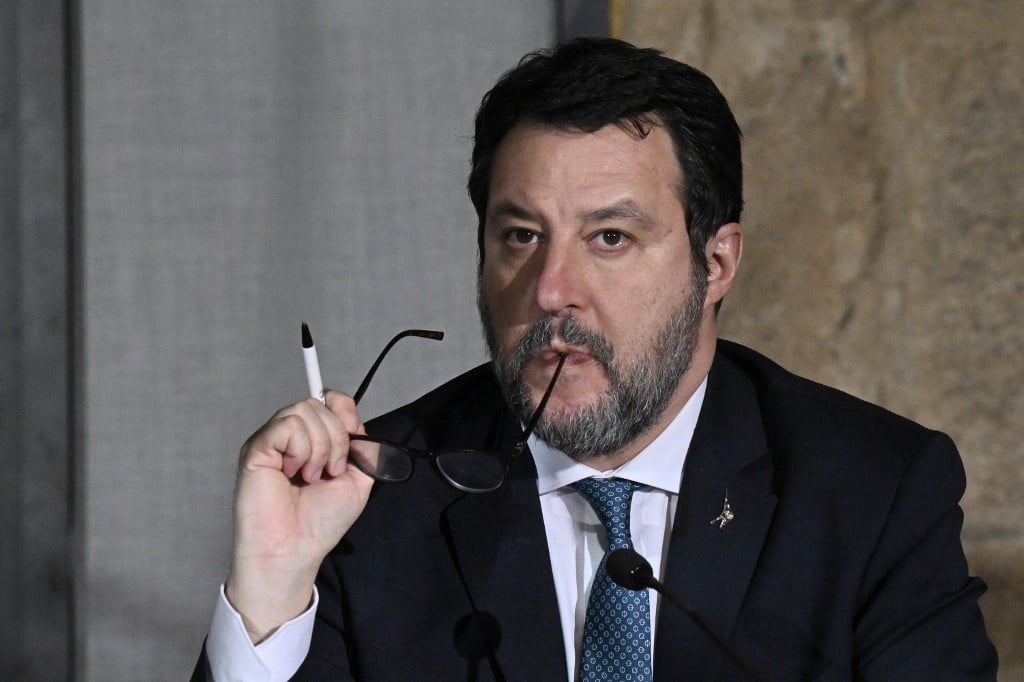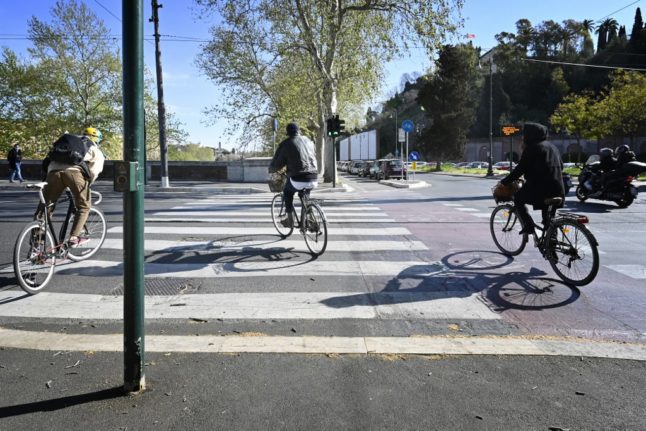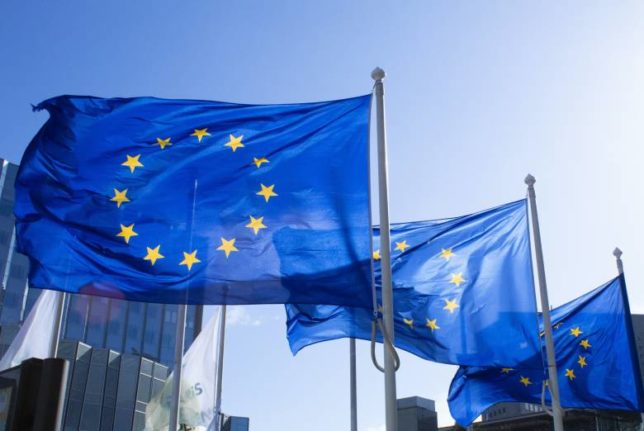The improbable-sounding move comes under a raft of planned changes to the highway code first announced by Italy’s deputy prime minister and minister for transport Matteo Salvini on June 7th.
In an address to parliament, he outlined plans to subject cyclists and scooter riders in Italy to the same rules motorcyclists are currently required to abide by.
READ ALSO: ‘We’re not Denmark’: Is Rome ready for a cycling ‘revolution’?
The plan to tighten road rules also includes tougher penalties for drink driving, and lifetime driving bans for those found guilty of certain serious crimes.
Salvini said there was a need for “more rules, more education, more safety on Italian roads” after the number of annual road deaths in the country rose again to 3,120 in 2022.
But the idea of mandating the use of helmets, number plates, insurance, and indicators for bikes drew widespread ridicule and anger from cycling associations, who said this would do nothing to make the country’s roads safer for cyclists.
Bicycle manufacturers association ANCMA called the proposal “extremely worrying” in a country which instead needs a “structural and educational commitment” to ensure the safety of road users.
“This reform seems to be more about stopping the spread of bicycles than increasing safety on the roads,” the association said.
In a statement, Italy’s Environment and Bicycle Federation (FIAB) said laws like the ones suggested by Salvini “do not exist in any other European country“.
The group insisted his proposed restrictions on cyclists would not help to prevent “the three main causes of road accidents and collisions, namely: high speeds, distraction, and lack of priority at crossings”.

Cycling campaigners point out that Salvini has vocally opposed the introduction of more safe cycling infrastructure in Milan and, since he was appointed transport minister in October last year, significant budget cuts have reportedly led to funding being withdrawn from new bike lane projects.
So far though, Salvini’s latest move is only an announcement and no legislation has actually been put forward – never mind approved.
OPINION: Why cycling in Rome isn’t as crazy as it sounds
A draft law containing the new rules was supposed to be tabled shortly after Salvini’s announcement, but this was delayed as the government shut down many parliamentary activities for a week following the death of former prime minister Silvio Berlusconi.
Salvini now says the bill will be published on Tuesday, June 27th. So we should find out then whether it really includes these proposals or not.
Even if it does, such drafts have to go through a lengthy parliamentary approval process and can be subject to various amendments along the way, meaning anything they contain is far from guaranteed to become law.
Plus there’s the fact that the current Italian government, in which Salvini’s radical right-wing League is a major partner, has a growing track record of making announcements about controversial and unlikely-sounding new rules and restrictions which are then seemingly forgotten about.
Most memorably, ministers in April put forward a draft bill cracking down on the use of the English language, including fines of between 5,000 and 100,000 euros for transgression. But after this made headlines in Italy and beyond, nothing has been said about it since.



 Please whitelist us to continue reading.
Please whitelist us to continue reading.
It would definitely be a much better use of tax payers money to start investing in safe cycling infrastructure and education than this. Maybe even using the money to enforce the rules that are already in existence (speeding, drink driving, talking on a mobile while driving) to improve road safety, rather than bring in a bunch of ridiculous rules that will go unenforced anyway!